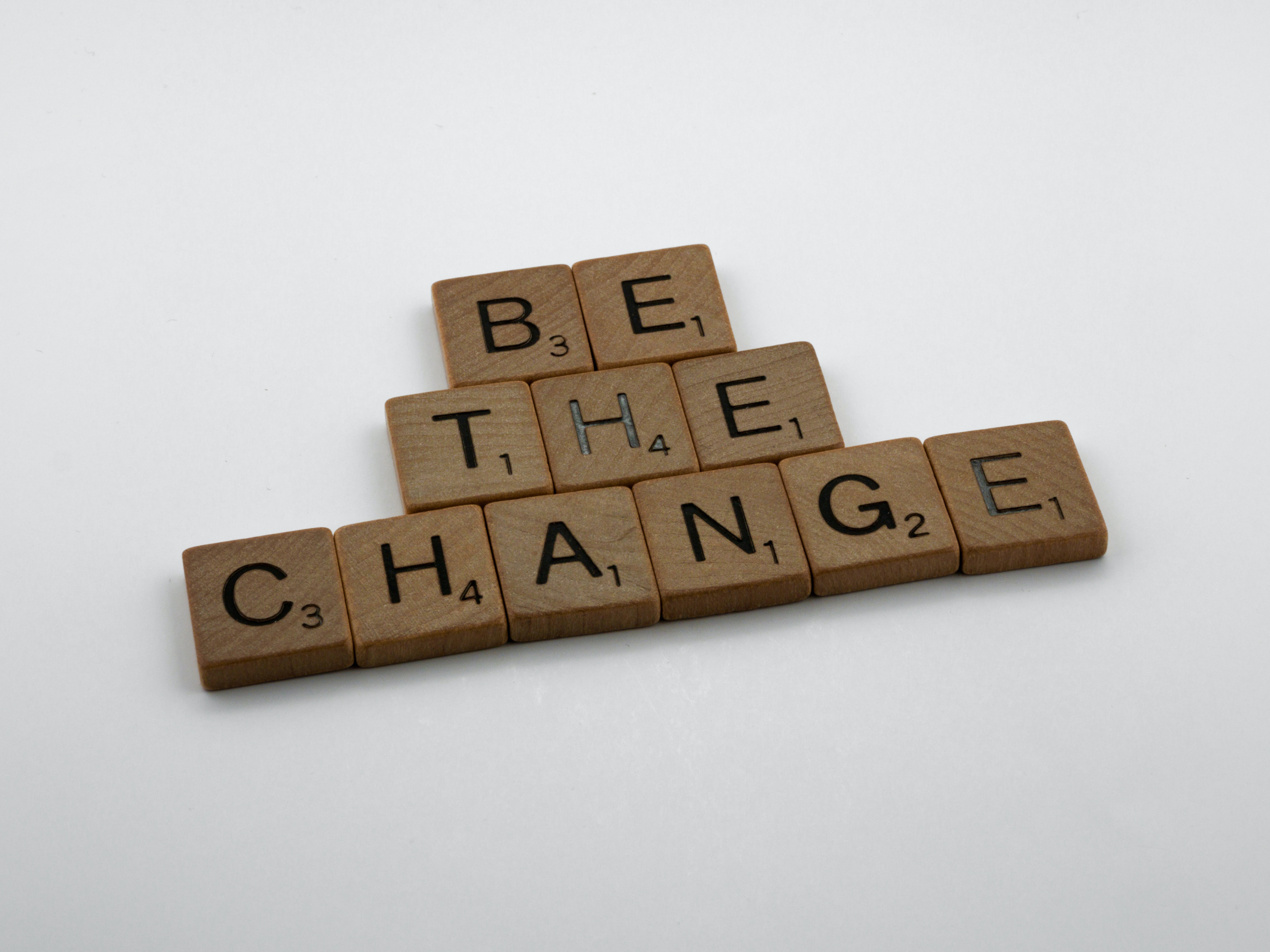Posted: 30 December 2021
A young voice from Africa

Her name is Vanessa Natake, and she lives in the capital of Uganda, Kampala; she comes from one of the poorest countries of Africa, and she is the new environmental activist of today. She talks about climate justice and the responsibilities that the globalized north is accountable for the African continent, which only counts for less than 3% of global emissions and faces the most significant consequences of climate change. She was born in a renowned family in Kampala. Vanessa had the opportunity to study and become an economics graduate. She has always been very interested and cared about the environmental issues and the suffering in her country but never thought of participating and organizing a street protest. She was a shy girl in a country where women's voices are rarely heard.
Everything started at the beginning of 2019 when something inside of her sparked. It was a Saturday; Vanessa, accompanied by her brothers, decided to march in the streets of her city with signs that were reciting "Nature is life," "Strike now," "When you plant a tree, you plant a forest." Some say what motivated her is because she took Greta Thunberg and her "Fridays for Future" as a role model to protest against climate change, or is because of her feelings of responsibility towards her country, which was hit by intense hurricanes, cyclones, floods, droughts, and locust invasions.
She then became a public activist, supported by her family. Following a well established movement such as climate activism, she highlighted the African topic on climate discussions. She continued to study the climate change phenomenon, its causes, and its consequences through activism. She read the IPCC reports and understood the role of fossil fuels in the emission and temperature rise. After that, she founded ''Youth for Future Africa'', a movement to raise awareness among African teenagers about climate change which later transformed into ''Rise Up''. This campaign was organized for student strikes; she guided the campaign for Congo's reforestation, fought against pollution in Kampala and the financing towards oil and coal companies, visited schools to speak about renewable energy and sustainable behaviours.
In February 2020, she was present at the World Economic Forum in Davos, where she held her first speech in an international context. On this occasion, Associated Press made a dramatic mistake, which was later apologized for, to cut out Vanessa from the official pictures with other activists such as Luisa Neubauer, Greta Thunberg, Isabelle Axelsson, and Loukina Tille.
She spoke at COP25 and COP26 while being beside the former UN's General Secretary Ban Ki-moon at the European Forum of Alpbach in Austria, a yearly meeting since 1945 to bring together many political figures and intellectual relevance on topics such as economics, politics, science, and environment.
Recently, she published "A Bigger Picture: My Fight to Bring a New African Voice to the Climate Crisis," a book with her memories but, most importantly, a call to arms. It is a publication that uses many technical terms and complex concepts such as "Intersectional Environmentalism," which connects social injustice with climate change and highlights the historical differences between the north and the south of the world concerning the economic cost of de-polluting.
What Vanessa is trying to add to the global agenda are concepts of loss and damage. By translating money to understand how much the developed world's emissions are costing the developing part of the world. She is fighting so that this money is conceived not as an aid but as an act to repair and restore under an anti-imperialistic perspective so that the poorest countries do not add other debts to their balance. Starting from the not-so-satisfactory results of COP26 under this perspective, we have high expectations for Egypt's COP27, where the young activist will most likely become even more relevant.